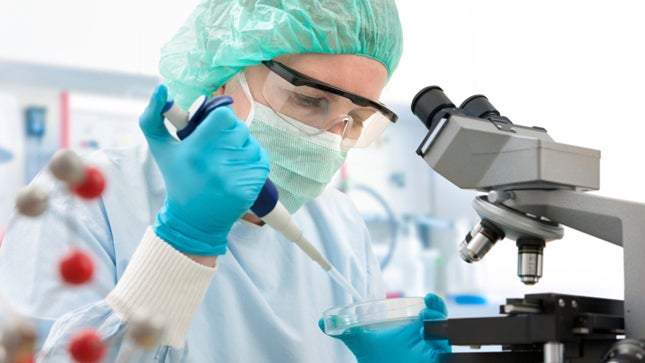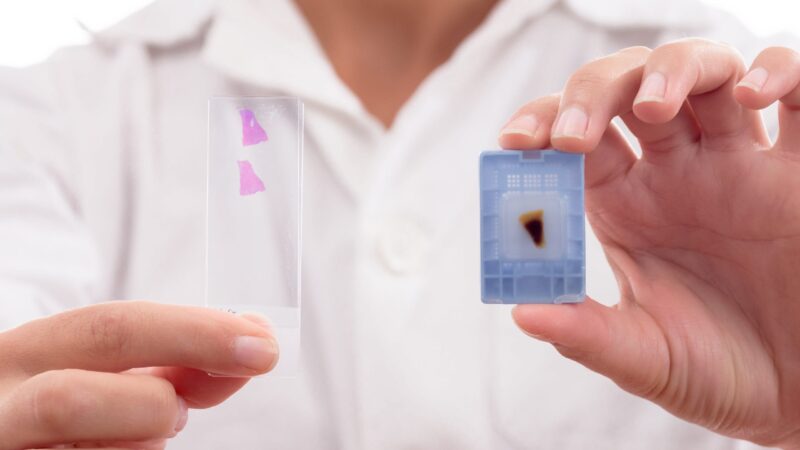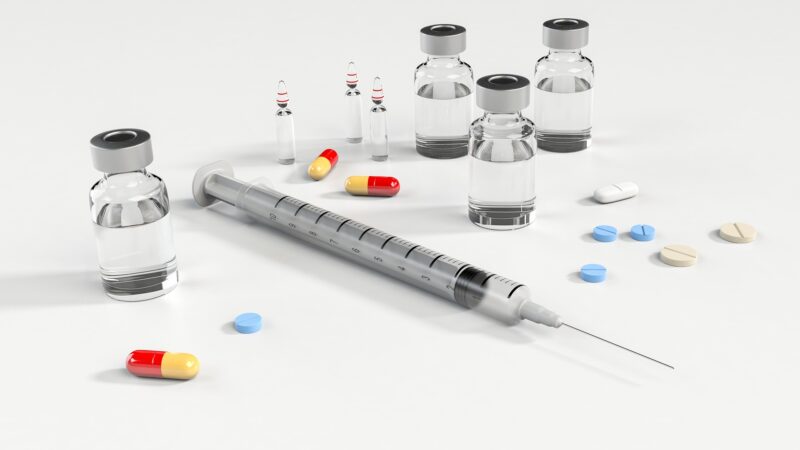The Principles of Medical Laboratory Science

Medical laboratory science is an important part of modern medicine that allows doctors to diagnose and treat diseases quickly and accurately. In addition, medical laboratory scientists play an essential role in research and development, discovering new ways to diagnose and treat diseases. In this article, we’ll explore the principles of medical laboratory science. Keep reading to learn more.
Medical Laboratory Scientists at Work
Medical laboratory science (MLS) is the application of scientific principles and techniques to the diagnosis and treatment of disease. A masters in laboratory management is a degree that can provide individuals with the skills necessary to manage a medical laboratory. Topics covered in this program may include quality assurance, regulatory compliance, research methods, and team leadership. Graduates of this program may be prepared for careers as lab managers or directors.
A medical laboratory scientist performs a variety of diagnostic tests on blood, tissue, and other body fluids. The results of these tests are used by physicians to diagnose and treat patients.
Medical laboratory scientists use a variety of sophisticated instruments to perform tests on blood, urine, and other specimens. These tests help physicians identify the presence or absence of disease and determine the most appropriate treatment. Medical laboratory scientists must be knowledgeable in a variety of scientific disciplines, including biology, chemistry, immunology, and mathematics. They must also be skilled in the use of complex lab equipment.
Quality Assurance in the Medical Laboratory
Quality assurance is essential in medical laboratory science because if the tests are not accurate, it could lead to misdiagnosis or mistreatment of patients. Several methods are used to ensure the quality of medical laboratory tests. One method is proficiency testing. Proficiency testing is when laboratories submit specimens to an external agency for examination. This helps scientists identify any potential problems with their test results.
Another method that is used to ensure the quality of medical laboratory tests is internal quality control. Internal quality control involves regularly checking the accuracy and precision of the lab’s test results. This helps to identify any problems with the lab’s equipment or procedures.
A third method that is used to ensure the quality of medical laboratory tests is accreditation by a national accrediting organization such as the Joint Commission on Accreditation of Healthcare Organizations (JCAHO). Accreditation by a national accrediting organization means that the lab has met specific standards for quality and safety.
Compliance With Regulations
Medical science laboratories must comply with all applicable federal, state, and local regulations. This includes laws and regulations governing the quality of the laboratory testing process, the protection of patient information, and the safe handling of specimens.
Failure to comply with these regulations can result in serious consequences, including fines, imprisonment, and the revocation of a laboratory scientist’s license. It is therefore essential that laboratory personnel take all necessary steps to ensure compliance with all applicable laws and regulations.
One of the most important aspects of laboratory compliance is the protection of patient information. Patient information must be kept confidential at all times and must not be released without the patient’s consent. Laboratories must also take steps to ensure the safety of specimens. Specimens must be handled and stored safely and securely and must be disposed of in accordance with all applicable regulations.
In addition, laboratory managers and personnel must use accurate and reliable methods to test patient specimens. Laboratories must comply with guidelines for the conduct of clinical research. Clinical research helps improve the diagnosis and treatment of patients.
Overall, the principles of medical laboratory science are important because they provide a framework for the safe and accurate operation of a medical laboratory. Following these principles and complying with all applicable regulations is the best way to maintain the integrity of a laboratory.





